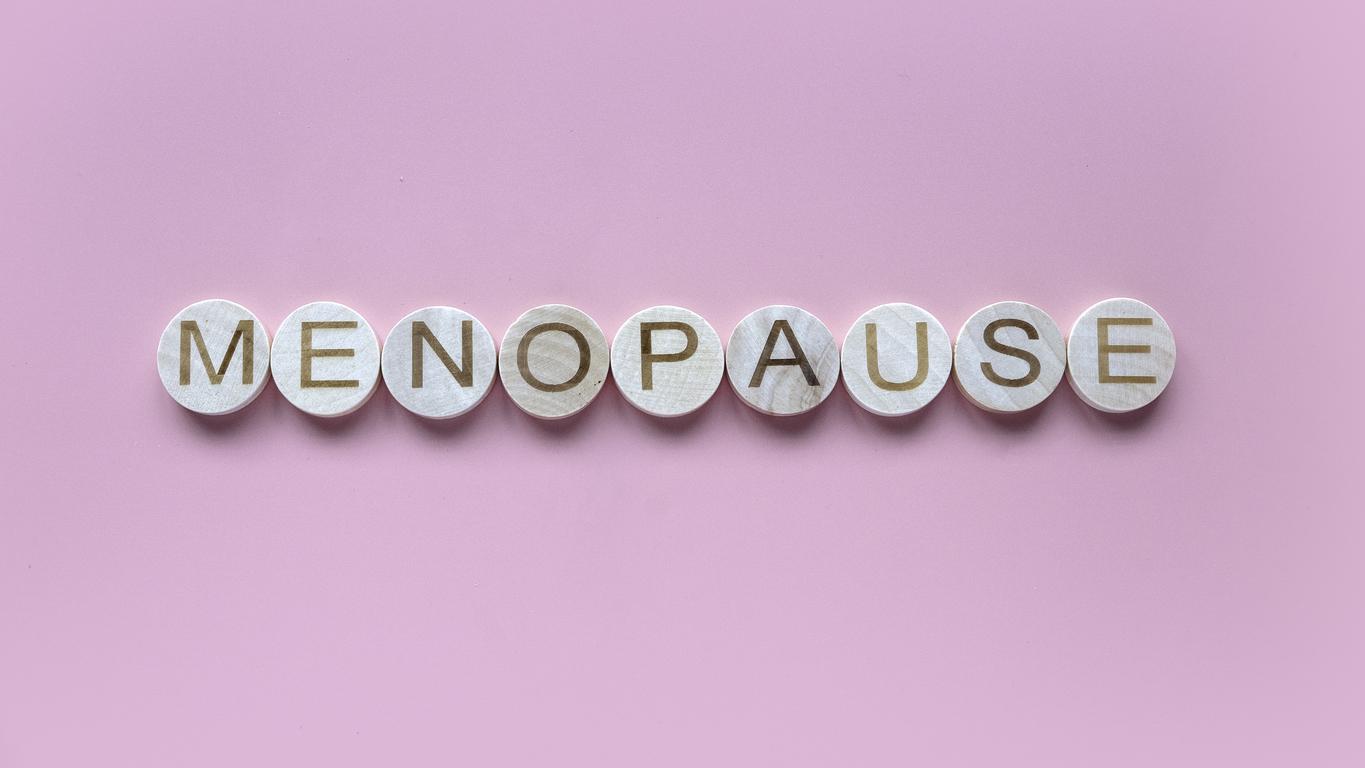A survey of 4,020 employees in Europe highlights the different perceptions of men about menopause in a professional context.

- According to a new survey by women’s health brand INTIMINA, men mostly associate menopause with hormonal and physiological changes, but also with symptoms such as mood swings and hot flashes in their colleagues.
- Around 50% of men feel comfortable discussing menopause at work, although 46% want more education on the topic to better support women.
- Nearly 80% of men believe that women should be able to take sick leave if they experience severe menopause-related symptoms, showing a willingness to recognise and adapt.
This subject, which has long remained taboo or even neglected, is now raising some awareness but also questions about how to talk about it and support the women concerned.
First of all, it is important to know that the men surveyed mostly associate menopause with biological changes. In fact, 56% of respondents link it to “hormonal changes”while 47% identify it primarily as a “absence of rules” (amenorrhea). A third associate it with infertility.
Psychologically, 21% of men consider that menopause causes “irrational moods and strong emotional reactions”while 21% note “changes in libido”While these observations demonstrate some understanding, they only partially capture the physical and emotional impact women experience.
What Men Observe in Their Coworkers
Men are also able to recognize several symptoms in their colleagues going through menopause. Thus, 64% have observed “mood swings”while 61% report having seen “hot flashes and sweating episodes”.
Other less visible symptoms are also mentioned, although less often. 49% note a “increased irritability”and 39% note a “significant fatigue or lack of energy”. On the other hand, more subtle aspects such as the “concentration problems (27%) or signs of depression (24%)” are perceived with more difficulty.
Reluctance to engage in dialogue in business
The subject of menopause, although still sensitive, is beginning to be discussed in some companies. The fact remains that… Men’s attitude towards this issue is divided. Nearly half (48.5%) of men say they are “comfortable talking about menstruation and menopause” in their workplace. But that doesn’t mean they consider these discussions a priority, since 39% believe that this topic should not be at the heart of concerns.
Despite these reservations, a significant proportion of men (46%) would like their “employers and colleagues are better informed” on menopause in order to better support the women concerned.
Reactions and attitudes towards colleagues in menopause
Men adopt varied behaviors towards their colleagues affected by menopause. 52% say they show “patience and support”while 38% express the desire to “ask women directly” how they can help them.
Others go further, with 17% saying they are ready to “do research” to better understand menopause. However, a minority (10%) considers that women in menopause can be “less able to perform certain functions” in the team, reflecting a persistence of prejudices about women’s abilities during this period.
Accepted adaptation to severe symptoms
The survey also shows a growing openness to accommodations for women suffering from severe menopause-related symptoms. Nearly 80% of men agree that women should be able to “take sick leave” in some cases, demonstrating a certain understanding of the consequences that this phenomenon can have on their health and well-being.
“46% of men want better awareness in business”proving that the issue of menopause is no longer just a women’s subject but a problem that concerns all staff.
This survey demonstrates that the dialogue around menopause should no longer be seen as taboo. On the contrary, it represents a “opportunity to inform, support and educate” all employees. With better information, companies could foster a more welcoming work environment. “understanding, inclusive” and respectful of the needs of everyone, men and women.

















